› Store › Breslow, Julian › Becoming Marcel Proust: Claiming Self in a Conflicted World
› Store › Breslow, Julian › Becoming Marcel Proust: Claiming Self in a Conflicted World
Video
2 hours 30 minutes
$24.99
Becoming Marcel Proust: Claiming Self in a Conflicted World
Topics: Active Imagination, Archetypes, Art and Art Therapy, The Collective Unconscious, Family and Intimate Relationships, Grief, Individuation, Shadow, Society and Culture, Visionary Arts.
Redemption through art was certainly what he wanted; what he left us were the brilliant fruits of his affection for the unredeemed world.
(M. Wood, Time of the Assassin, London Review of Books, vol. 17, no. 2, 26 Jan, 1995)
Dipping a petite, fluted, scalloped French cake, a madeleine, into a cup of lime-flower tea became the iconic vehicle or symbol of a “Proustian moment”: a sudden, rhapsodic union of childhood memories flowing into his adulthood present, creating a transcendent, unexpected pleasure of an “all-powerful joy”—a deeply felt, unwilled, chance encounter. Proust’s narrator is at first overwhelmed by this “involuntary memory” of numinous images and sensations, but he ultimately discovers that those originally unconscious memories possess a “power of expansion… which allow(s) them to resume their place in [his] consciousness” (Swann’s Way, vol. 1, p. 63). Just as in Jung’s Red Book, In Search of Lost Time chronicles the creation of an expanded self through the interplay of self-transformation and creative work.
Proust’s novel and Jung’s concepts arise in the same period. This is no coincidence. Both Jung and Proust embody the “spirit of the times” at the turn of the last century that led to revolutions in painting, literature, architecture, psychology, music, science, and philosophy. For Proust and for Jung, the self is an evolving self-creation.
Proust’s seven-volume masterwork, In Search of Lost Time, is an autobiographical work of fiction, a coming-of-age tale, wherein Proust’s narrator discovers his vocation as a writer, at the same time chronicling and satirizing late 19th to early 20th century Belle Époque aristocratic society in France. The narrator carefully attends to and reflects on his innermost sensations, insights, and meditations. He also frequently appears to interrupt his description of an event or scene with disquisitions on a vast array of topics: the arts and science; the universal human experiences of the nature of love and its shadow side of possessiveness and jealousy; the multiple sides of a person’s character; the temporal quality of memory; the conundrum of time; as well as reading, grief, loss, death, forgetting, sleep, dreaming (and more!). These seeming digressions are not tangential but flow out of, and are interwoven with, vivid characterizations, internal dialogues and experiences of the narrator, as his thoughts “enter the action as subtly and vitally as dreams shadow our waking life” (R. Shattuck, Proust’s Way, p. 38).
The novel encompasses Jung’s ideas of what constitutes the visionary in art, embodying both Jung’s “Spirit of the Times and the Spirit of the Depths.” This trickster work of art is permeated with trickster characteristics of subversive humor that mocks the status-quo, psychological liminality in the narration with sensitivity to intermittences or inconstancies of feelings and consciousness, and paradoxical multiplicity and complexity that reveal and accept change as a constant both within us and without. In his struggles to find his vocation as a writer, the narrator simultaneously embodies and claims his self.
Recorded on Friday, November 6th, 2020.
PowerPoint: The slides are included in the video.
Reference List: A reference list for Judith Coopers talk is included with the download.
Sample: https://youtu.be/OFXmU8wOkjU
Learning Objectives
After this course, participants will be able to:
1) Demonstrate the ways in which Proust’s novel illustrates Jung’s “Spirit of the Depths” and Jung’s ideas of visionary works of art;
2) Recognize how the novel and narrator embody the characteristics of the Trickster archetype; and
3) Apply to your own life experiences Proust’s ideas of the self and the process of self-recognition.
Recommended Reading
• Miller, J. C. (2004). Transcendent Function: Jung’s model of psychological growth through dialogue with the unconscious. New York: State University of New York Press.
• Shattuck, R. (2000). Proust’s Way: A field guide to In Search of Lost Time. New York: Norton.
© 2020 Judith Cooper and Julian Breslow
℗ 2020 CG Jung Institute of Chicago
| Audio Format | 1 MP3 Audio File: 64MB |
|---|---|
| Video Format | 1 MP4 Video File: 190MB |
| Video Resolution | 1920×1080 x264 codec |

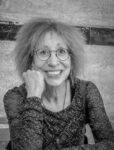
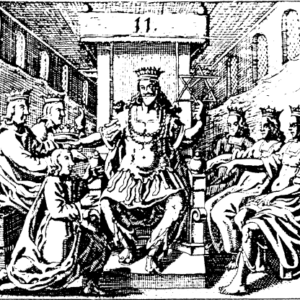
Audio
7 hours 8 minutes
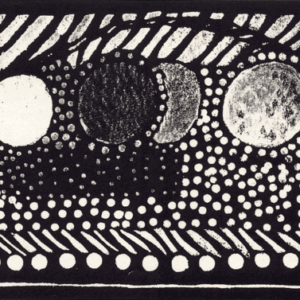
Audio
16 hours 54 minutes
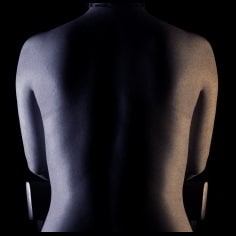
Video with audio-only experientials
2 hours 38 minutes

Video
2 hours 35 minutes

Audio
10 hours 50 minutes
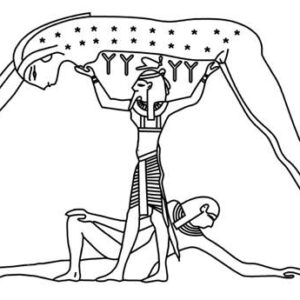
Audio
2 hours 10 minutes

Certification of the Chicago Society of Jungian Analysts to train analysts is granted by The International Association of Analytical Psychology. The C.G. Jung Institute of Chicago is accredited as a psychoanalytic training institute by The American Board for Accreditation in Psychoanalysis, Inc. The Institute is approved by the Illinois Department of Professional Regulation to sponsor continuing education for Psychologists (License No. 268000106), Social Workers and Clinical Social Workers (License No. 159-000215), Marriage and Family Therapists (License No. 168-000123), Professional Counselors and Clinical Professional Counselors (License No. 197-000022).

This search engine will search our public programs, the Jungianthology Podcast & Blog, and our store.
To search only the store, visit our Store page.
If you’re looking for a Jungian Analyst, use our Find an Analyst search engine or browse the Chicago Society of Jungian Analysts page.